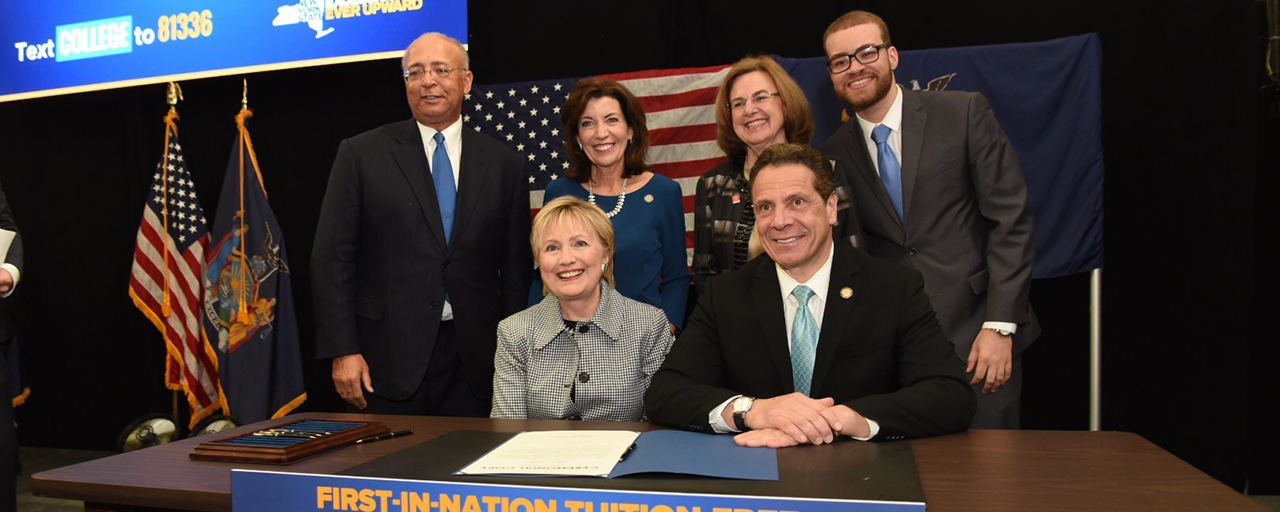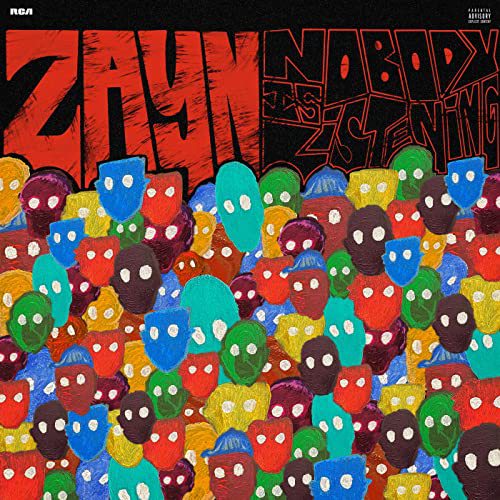New York State has made an attempt to combat the much-debated higher education affordability issue via the Excelsior Scholarship. On April 12th, 2017, New York State Governor Andrew Cuomo approved the Excelsior Scholarship program. So, what is it? How does it work?
There are a plethora of requirements and steps to follow to receive the Excelsior Scholarship. First, students must fill out the Free Application for Federal Student Aid (FAFSA) and the NYS Student Aid Payment Application each academic year. Students’ families must be N.Y.S. residents for at least a year and must make a gross income of $110,000 or less. Students must also be enrolled in a SUNY or CUNY pursuing an undergraduate degree while taking a minimum of 30 credits each academic school year. After these requirements are fulfilled, students must agree to live and work in N.Y.S. after their scholarship expires.
Many students who apply believe it will be easy to meet all of the requirements, but this is not the case for many who badly need the Excelsior Scholarship to pursue higher education. In 2017, a New York’s Time article stated, “Students who need the money the most might have the hardest time meeting these requirements.”
Continuous enrollment in school is a requirement to receive the Excelsior Scholarship, but many students take some breaks from their education for personal reasons. Students also must complete their B.A. degree in four years (which is on track to graduate), yet, on average, most college students finish their B.A. degree in five years or more.
In May 2017, an Inside Higher Ed article said that about “Sixty-six percent [of CUNY students] attend tuition-free [school due to] Pell Grants and Tuition Assistance Program grants…it is not the cost of tuition that makes attending college difficult for low-income urban students, but rather the unofficial costs of college: transportation, books, cost of living and lost wages from the inability to work.” The unexpected repercussions of the Excelsior Scholarship have students and college personnel worried about the future of higher education in public institutions.
A Queens College student, who wishes to remain anonymous, received the Excelsior Scholarship and said of it, “Eventually I got it, but two years ago our income was higher because my parents were in between jobs. The money we made that year wasn’t reflective of our usual income so we didn’t qualify which wasn’t fair. The main thing with Excelsior is that it took a long time for them to process our taxes. I think the Excelsior Scholarship program should look at taxes from a family through the last five years or so (not just the last year) because income varies yearly. However, the average tells the general amount of money made in a household.” There are many college students in similar situations, and some are not lucky enough to eventually get the scholarship.
Veronica Kordmany, a freshman and English major at QC, said about the Excelsior Scholarship, “I think it is meant to help students in need, but based on what I’ve heard it’s making those students jump through a lot of hoops to get it. One person told me that there are so many guidelines and technicalities that some people just drop out in the middle to the process, and even more don’t actually qualify even though it seemed as though they did. I think the Excelsior Scholarship can be great but it needs some work.”
The Excelsior Scholarship is a great idea and has helped thousands of New York State residents seek their Bachelor’s Degree, however, there are enough unforeseen circumstances to make far too many residents ineligible. Hopefully, as the time goes on, the Excelsior Scholarship will be able to provide all New Yorkers who need it to have sporting chance at higher education.














